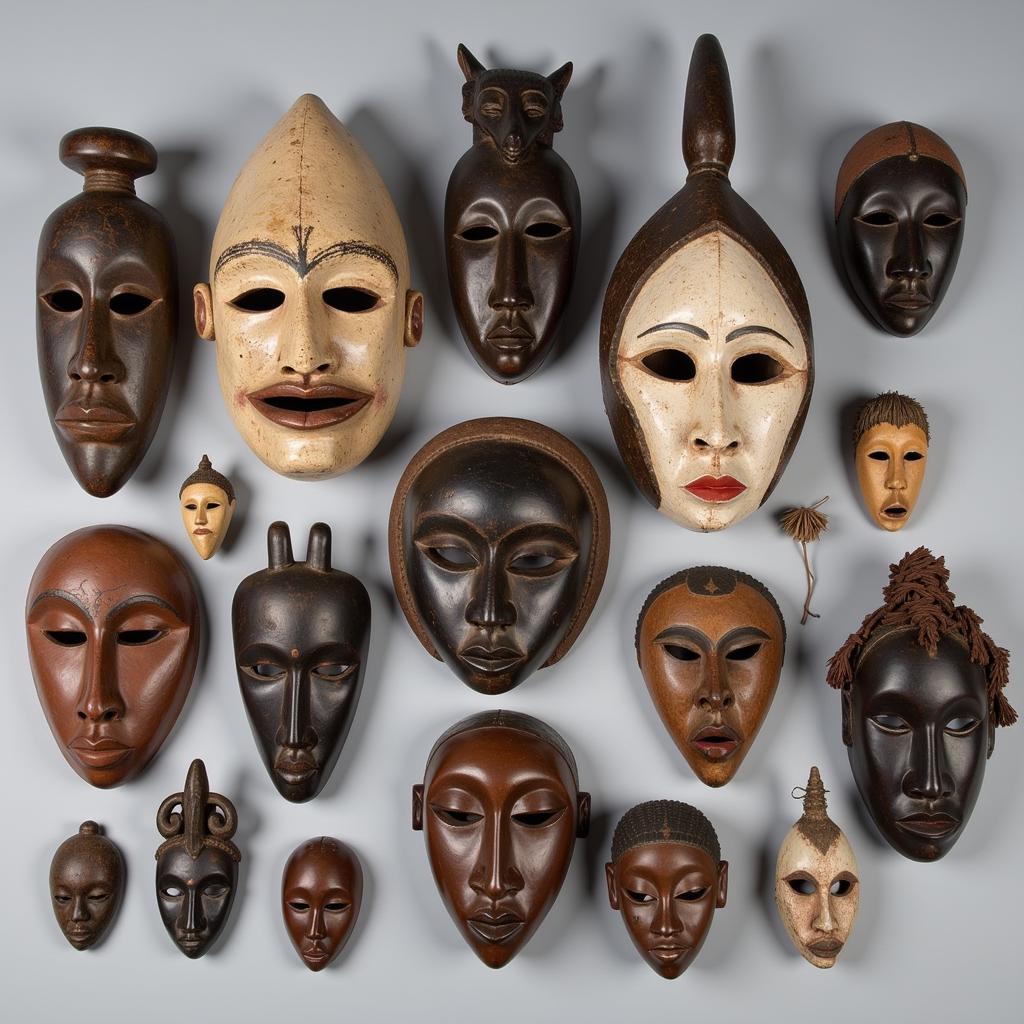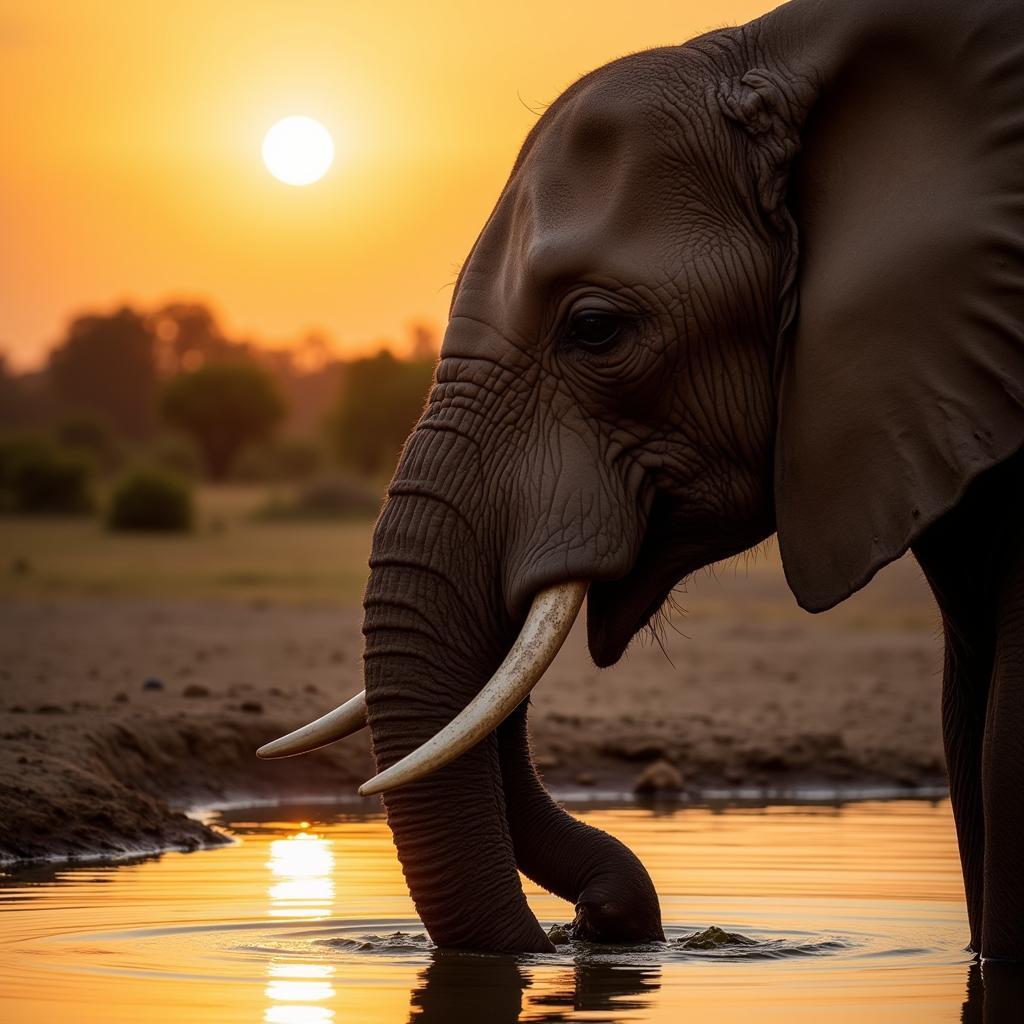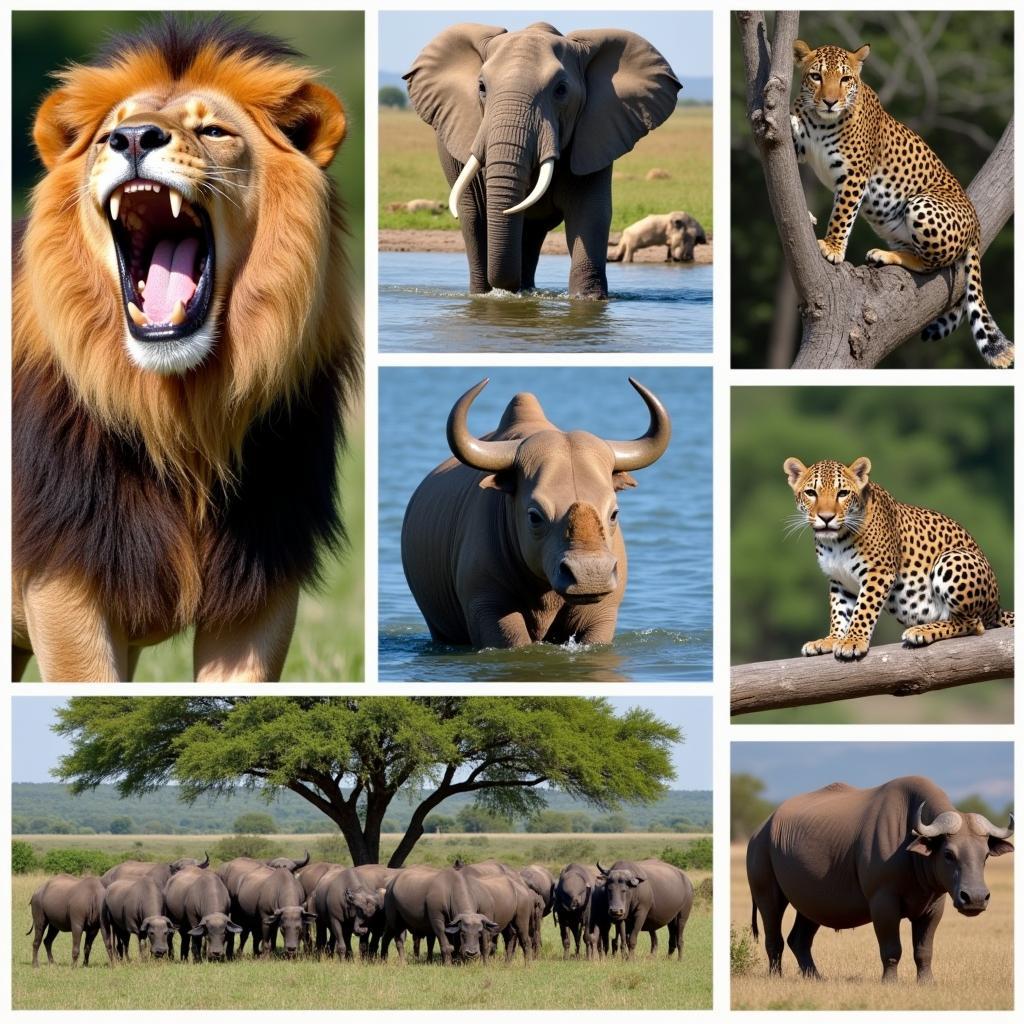The African Greyhound: A Symbol of Speed and Grace
The African Greyhound, more commonly known as the Azawakh, is a striking breed of sighthound originating from West Africa. Unlike the more familiar greyhounds commonly seen in racing, the Azawakh is a rare and ancient breed, treasured for its elegance, agility, and unique history woven into the tapestry of African culture.
A Breed Shaped by History and Environment
For centuries, the Azawakh has been a vital companion to nomadic tribes in the Sahel region, a band of semi-arid land stretching across Africa south of the Sahara. The breed’s name comes from the Azawakh Valley in Mali, a testament to their deep-rooted history in the region. These nomadic tribes, including the Tuareg, prized the Azawakh for its exceptional hunting skills, its unwavering loyalty, and its ability to withstand the harsh desert climate.
The Azawakh’s physical attributes are a direct reflection of its environment and purpose. Its lean, almost skeletal build, allows it to dissipate heat efficiently in the scorching desert sun. Its long, powerful legs, coupled with a deep chest and flexible spine, enable it to reach remarkable speeds, essential for chasing down prey such as gazelle and hare.
More Than Just a Hunter: A Family Member
While the Azawakh is renowned for its hunting prowess, it also plays an integral role within the family structure of the tribes it lives with. Often sleeping inside tents with their human families, the Azawakh is considered a guardian and protector, fiercely loyal and alert to any potential threats. This close bond between humans and dogs is deeply ingrained in the Azawakh’s nature, making them exceptionally affectionate and devoted companions.
A Rare Breed: Preserving the African Greyhound
Outside of its native Africa, the Azawakh remains a rare breed. Dedicated breeders around the world are working to preserve the breed’s unique characteristics and genetic diversity. However, it’s crucial to ensure that any breeding programs prioritize the well-being and health of the dogs, adhering to ethical practices that respect the Azawakh’s heritage.
“The Azawakh is not just a dog, it’s a living piece of African history,” says Dr. Fatima Diallo, a renowned veterinarian specializing in rare African breeds. “Their preservation is not just about maintaining a bloodline, but about honoring the centuries-old bond between these dogs and the people who have cherished them for generations.”
The Azawakh as a Pet: A Special Commitment
For those seeking a unique and challenging companion, the Azawakh can be a rewarding addition to the right home. However, potential owners need to be aware of the breed’s specific needs and temperament. Their high prey drive and independent nature require experienced owners who can provide consistent training and socialization from an early age. Furthermore, their need for ample exercise and mental stimulation means they are not well-suited to apartment living or sedentary lifestyles.
In Conclusion: A Legacy of Speed and Grace
The African greyhound, a breed steeped in history and shaped by the African landscape, is a testament to the unique bond between humans and animals. Its elegance, speed, and unwavering loyalty have earned it a special place in the hearts of many. By understanding and respecting the Azawakh’s unique needs and heritage, we can ensure that this magnificent breed continues to grace the world with its presence for generations to come.
FAQ
1. What is the average lifespan of an Azawakh?
The average lifespan of an Azawakh is between 10 and 12 years.
2. Are Azawakhs good with children?
Azawakhs can be good with children if they are raised with them and properly socialized. However, it’s important to supervise interactions between children and dogs, and to teach children how to approach and handle dogs safely.
3. How much exercise does an Azawakh need?
Azawakhs are high-energy dogs that need a lot of exercise. They should be given at least an hour of vigorous exercise every day, such as running, hiking, or playing fetch.
4. Are Azawakhs good guard dogs?
Azawakhs are naturally alert and protective, which makes them good guard dogs. However, they are not typically aggressive and will usually bark to alert their owners to potential threats.
5. Are Azawakhs easy to train?
Azawakhs are intelligent dogs, but they can also be independent and stubborn. They need a patient and experienced owner who can provide consistent training using positive reinforcement methods.
You May Also Like
Need more information?
Contact us at:
Phone: +255768904061
Email: kaka.mag@gmail.com
Address: Mbarali DC Mawindi, Kangaga, Tanzania.
We have a 24/7 customer support team ready to assist you.



